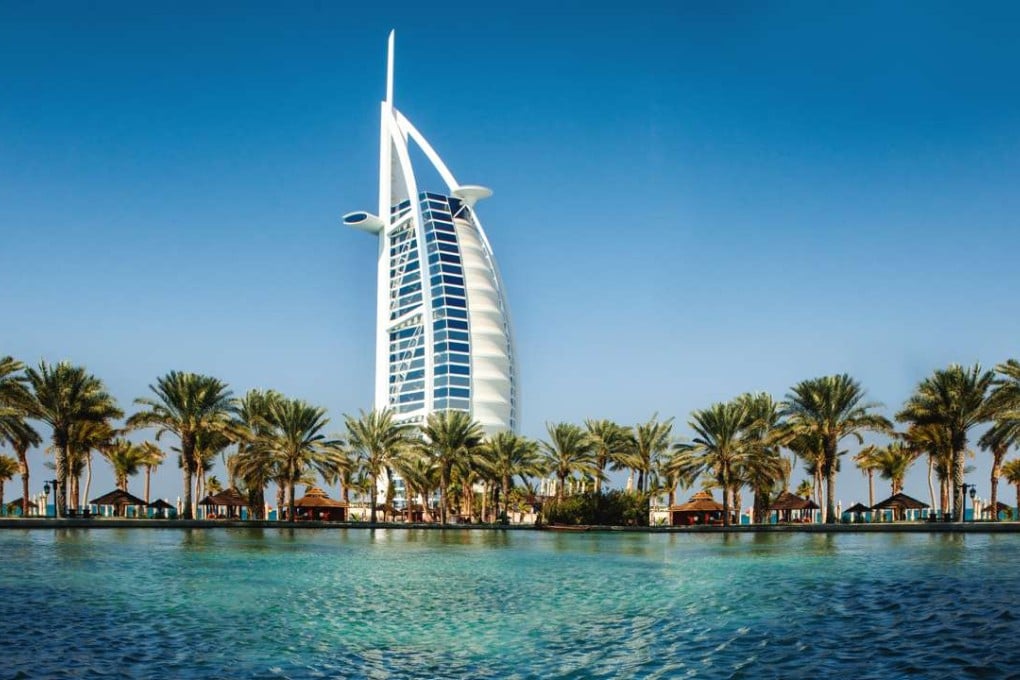The good, bad and ugly sides to Dubai
‘Sleek’ may define the emirate’s shiny façade, but scratch the surface and you’ll find a scorched, soulless land of labour abuses and yawning inequality

THE GOOD
Google the words “Dubai” and “sleek” and you’ll be confronted with about 10 million hits, which, for comparative purposes, is about 9.5 million more than you get for “Dublin” and “sleek”. Granted, some links refer to yacht chandlers and cosmetics companies but, even by Gulf standards, few skylines have been as comprehensively (and glamorously) transformed in so little time.
A magnet for foreign workers lured by tax-free salaries, warm winters and shopping malls the size of small countries, Dubai also punches above its weight in hosting world-class events. Sports lovers are spoilt for choice, with golf, tennis, cycling and rugby sevens tournaments, while Formula One fanatics can zip over to Abu Dhabi for the Grand Prix. Big-name performers Janet Jackson and Madness strutted their stuff in the glitzy emirate last year – Elton John and Bryan Adams are inked in for 2017.
Dubai’s already excellent flight connections are about to get even better. Not content with being a regional aviation hub, the city has designs on becoming a global “superhub”. Upon completion, Al Maktoum International Airport is projected to be the world’s largest, handling three times as many passengers as Chek Lap Kok. Don’t be in a hurry to jet away from the Gulf, though – the City of Gold is an ideal winter stopover between Hong Kong and Europe and boasts an array of luxurious hotels and opulent restaurants. Spend the night in an underwater suite at Atlantis The Palm, or book a table at Al Mahara, in the Burj Al Arab hotel. The seafood restaurant is renowned for a floor-to-ceiling aquarium that gives the impression of dining beneath the sea.
Allow time for a desert camping adventure – the scenery is sublime and a litre of petrol costs only 1.70 dirhams (HK$3.60), making it cheaper than a bottle of mineral water. Then there’s the observation tower at Burj Khalifa, the tallest structure in the world and nearly twice the height of the Empire State Building. The lifts reach speeds of 36km/h but a more surreal factoid is that the space-age skyscraper weighs the same as 100,000 elephants. Wonder what that converts to in camels ...
